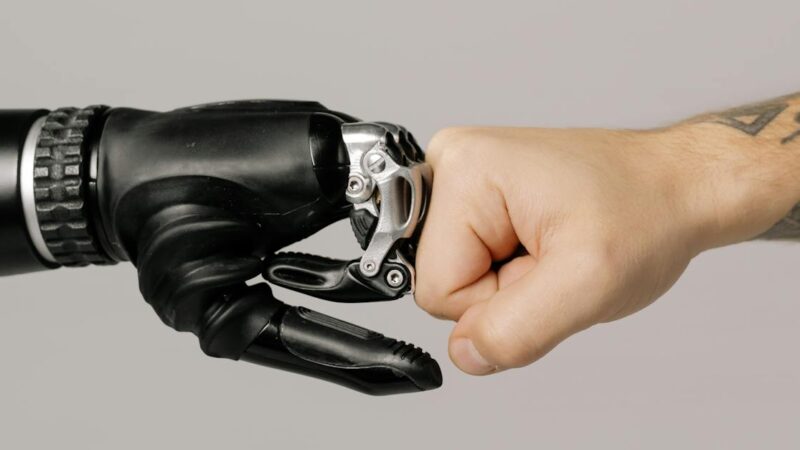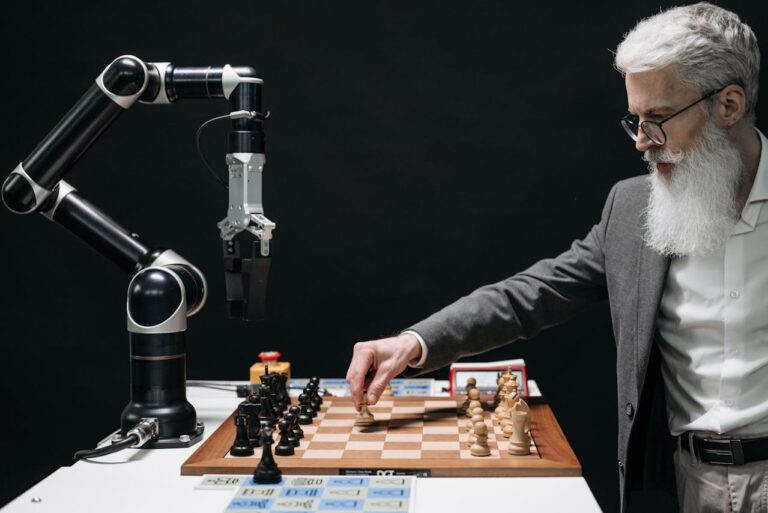
The Beginning of a New Rhythm
Every major shift in history has started quietly a spark that changed the way the world works. Today, that spark is automation. You may not always see it, but it’s everywhere in the apps that remind you of your meetings, the systems that deliver your online orders, and even the algorithms that keep traffic lights running smoothly.
We’re living in a time where machines aren’t just tools they’re becoming collaborators, helping us move faster, think smarter, and create more efficiently than ever before.
What Exactly Is Automation?
At its core, automation means getting machines or software to perform repetitive, rule-based tasks freeing humans to focus on creativity, strategy, and innovation.
From simple scripts that send emails automatically to advanced robotic systems assembling electric cars, automation is the quiet engine driving today’s global productivity.
It’s not just for big factories anymore startups, freelancers, and even small businesses are adopting tools that handle everything from social media scheduling to data processing.
The Human + Machine Equation
Contrary to the fear that automation will replace jobs, the truth is more nuanced.
Automation doesn’t remove people it elevates them. It allows humans to do what machines can’t: empathize, imagine, lead, and innovate.
When a machine handles the routine, humans can focus on what truly matters creating new ideas, improving user experiences, and solving complex problems that technology alone can’t address.
Automation Across Industries
- Manufacturing: Robots assemble, inspect, and pack products with unmatched precision.
- Healthcare: Automated data systems manage patient records and diagnostic results faster than ever.
- Finance: Algorithms monitor fraud and automate trading in milliseconds.
- Marketing: AI-driven automation personalizes customer experiences at scale.
- Logistics: Automated warehouses and drones are transforming supply chains.
Automation isn’t the future it’s the present, quietly optimizing every corner of modern industry.
Challenges and Ethical Questions
Like every innovation, automation brings its own challenges.
How do we ensure fair job transitions for workers affected by it? How do we protect data when systems grow increasingly interconnected?
The key is responsible automation using technology to empower, not exploit. The goal is not to replace humans but to help them reach their highest potential.
The Road Ahead
As automation becomes more intelligent through AI integration, it will continue to reshape industries and redefine productivity. The next wave hyperautomation combines machine learning, robotics, and analytics to make systems self-improving and adaptive.
We’re entering an era where businesses won’t just use automation they’ll grow with it.
Final Thoughts
Automation isn’t just a technological shift, it’s a philosophy of progress. It represents humanity’s ongoing desire to simplify, innovate, and evolve.
And in that evolution lies a reminder: true innovation happens not when we replace human effort, but when we amplify it.

